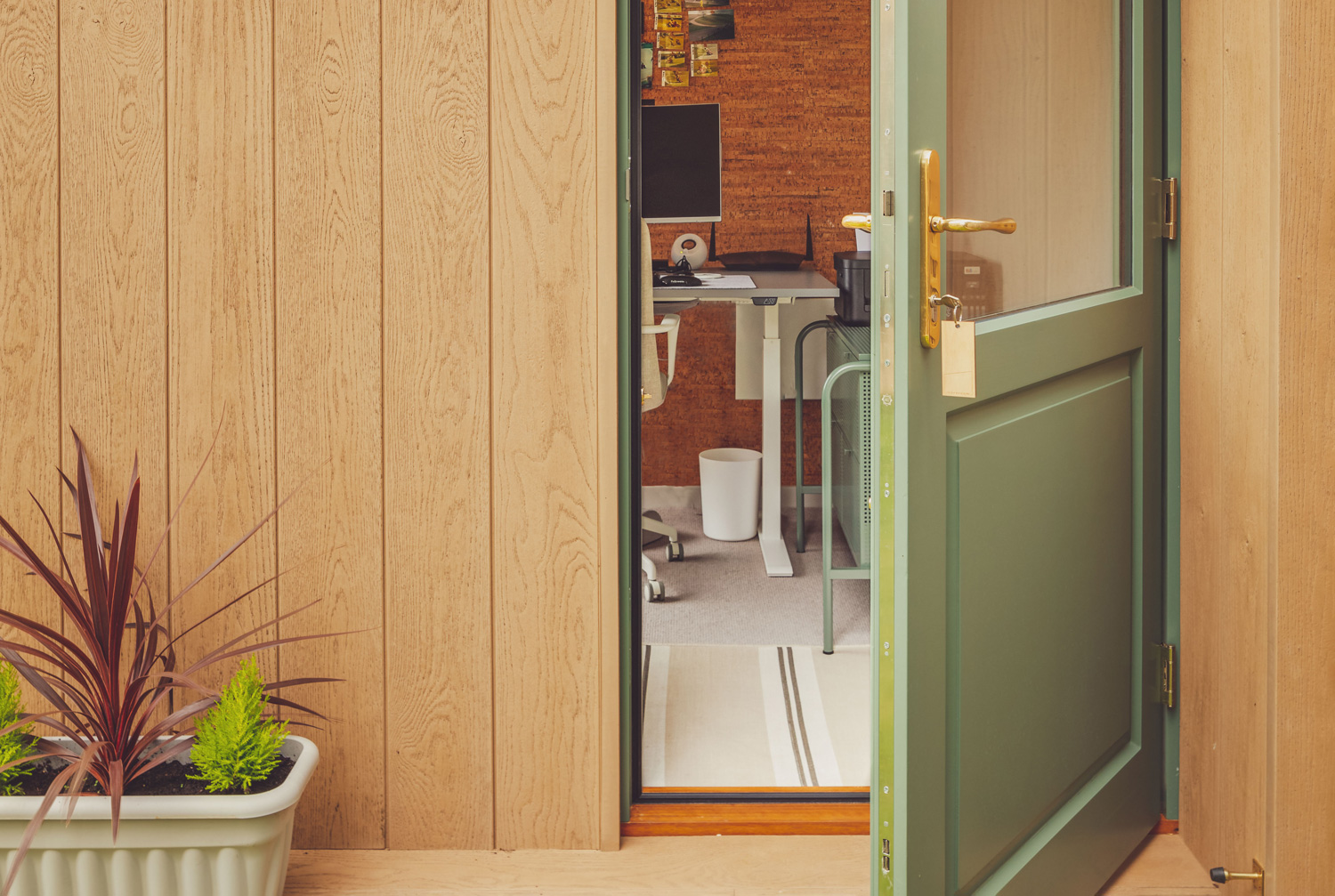Working from home can have huge advantages for our physical, emotional, and financial wellbeing.
In 2020, 35.9% of us worked from home at some point – an increase of 10% from 2019, the ONS found.
Cutting out the commute is only one of the advantages of working from home. In fact, when you work from home it’s better for you, your family, and your financial position. Homeworkers are less likely to take sick leave, more likely to perform unpaid overtime, and earn more than those who don’t.
Many more of us are taking the opportunity to become homeworkers. Appreciating the freedom and flexibility it offers us.
Here are ten benefits of working at home.
1. Homeworking can improve productivity
A recent CIPD survey found that almost one-third of people (28%) believe their productivity has improved whilst being a homeworker. This is because workers are free from interruptions and can focus on each task.
It seems we’re embracing the shift, and employers are enjoying the benefits. 33% of homeworkers say they had increased productivity in the past year.
2. A better work/life balance
UK workers have historically struggled to find the right work/life balance. Homeworking is helping to reset the scales.
Staff can work flexibly, fitting jobs around their lives. Working from home provides more time for relaxation and exercise, advantages that home workers are keen to take.
A better work/life balance benefits businesses too. Happier and healthier employees who work from home are more likely to go the extra mile for their employer. With many providing extra hours of unpaid overtime.
3. Cut out the commute
The average commute is a combined 59 minutes, a TUC survey found. That’s five hours a week, or a working day a week wasted on travelling, all saved when you work from home.
Cutting out the office commute will dramatically cut your emissions, lowering your carbon footprint.
4. Save money
Homeworking can dramatically reduce outgoings. The costs of commuting are just one way to save money.
Homeworkers also save cash on additional costs such as eating out, entertainment, and lunchtime shopping sprees.
How much could you save? Up to £500 a month, experts have estimated.
There are additional tax advantages of working from home too. Including the chance to cut your tax bill and utility costs.
5. Get essential exercise
The health advantages of working from home are enormous. We should all be getting 150 minutes of exercise a week, according to the NHS – a target that’s much easier to achieve as a homeworker.
The extra hours you save commuting can be used to improve your health. Regular exercise is a stress reliever too, making you happier and healthier.
6. Reduce stress
A US study found that 97% of employees believed that a more flexible job would reduce stress. So what would make things better? For 71%, it’s the opportunity to work at home.
While there are risks of overwork and burnout, 75% of UK workers are happier working from home.
7. Ditch the dress code
Office formality can feel forced. Many of us find the need to conform to a dress code stifles our creativity. 47% of homeworkers thought the lack of a dress code was one of the most significant benefits.
Wearing what you want, when you want, can make you feel comfortable.
8. Caring for kids
Childcare is a huge financial burden for families, with many struggling to cover the costs. Homeworking gives parents and carers the flexibility and freedom to better manage childcare. Many companies recognise the stress and string of childcare, particularly during extended periods such as the summer holidays, and offer support and solutions.
The employee benefit, and so does the business, with staff repaying the investment with increased loyalty and productivity. It’s a win-win.
9. Create powerful professional connections
Homeworking can be lonely, but UK workers are creating professional connections to maintain productivity. 90% of workers have maintained positive relationships with colleagues, in many cases, they felt that relationships had improved while remote working.
New technologies such as Zoom and Microsoft Teams can provide face-to-face contact and seamless communication that homeworkers need. When the meetings are finished, workers can focus on getting the job done.
10. More leisure time
Have you ever stopped work and reached over to strum a guitar, thumb through a book, or chuck on your shoes and go for a jog? Thought not.
The flexibility of homeworking enables you to have more fun, giving you more time to focus on hobbies and interests.
When the working day is done, you can invest in yourself. Perhaps learning a new skill, or even studying for a new qualification that could help you in your career.
Advantages and disadvantages of working from home
While there are massive advantages of working from home for employers and employees, there are some disadvantages. For example, some staff may feel under increased pressure; others may experience loneliness.
One of the most significant issues we can experience when we work from home is the lack of a suitable working area. While working at a kitchen table or on your sofa is a short-term solution, working at home is much more positive, pleasant, and productive when performed in a dedicated workspace.
Investing in a dedicated workspace such as a garden room can create a split between your personal and professional lives.
Most garden rooms don’t require local planning permission, and build costs are significantly lower than alternative space-creating upgrades, such as a loft conversion. The COVID-19 pandemic may have accelerated the shift to working at home, and it’s a trend that shows no signs of slowing down. Building a garden room can make your home a better place to work and an easier place to sell, delivering a 150% return on investment, if you choose to move.
You can learn more about Litte Green Rooms’ range of flexible and affordable garden rooms. These light and airy spaces provide the perfect environment for employees. Built from natural and sustainable materials, they’re a cost-saving and sustainable way to improve the way you work from home.


